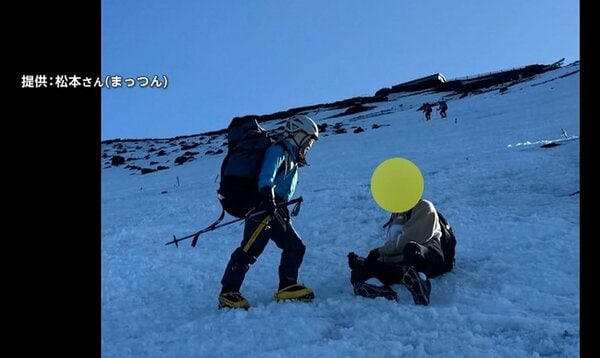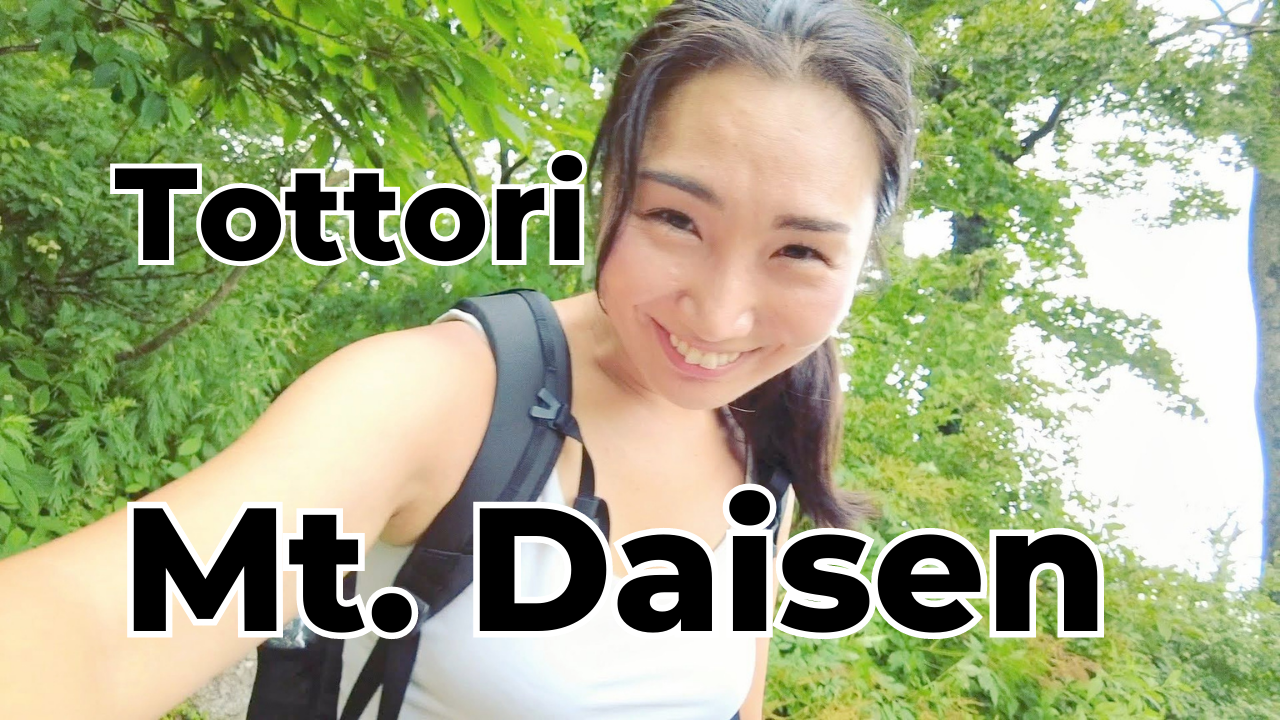単語 (Vocabulary)
観光と社会問題
混雑 (こんざつ) - Congestion
渋滞 (じゅうたい) - Traffic jam
騒音 (そうおん) - Noise, Noise pollution
迷惑をかける (めいわくをかける) - To cause trouble
度が過ぎる (どがすぎる) - To go too far, To exceed limits
資本主義(しほんしゅぎ) - Capitalism
お金を落とす (おかねをおとす) - To spend money (in a place)
環境と保護
環境(かんきょう) - Environment
保護(ほご) - Protection
清潔(せいけつ) - Cleanliness
自然破壊 (しぜんはかい) - Environmental destruction
救急車 (きゅうきゅうしゃ) - Ambulance
被害 (ひがい) - Damage, Harm
規制(きせい) - Regulation
盗る (とる) - To steal
建築と宗教
建築家 (けんちくか) - Architect
建築物 (けんちくぶつ) - Building, Structure
礼拝 (れいはい) - Worship
信者 (しんじゃ) - Believer, Follower
信仰 (しんこう) - Faith, Religion
一般公開 (いっぱんこうかい) - Public opening
講演会 (こうえんかい) - Lecture
会話の話題 (Conversation Topics)
京都での観光客制限についてどう感じますか?
How do you feel about the restrictions on tourists in Kyoto?
騒音問題について、考えたことがありますか?
Have you ever thought about the noise pollution problem?
自然破壊を防ぐためにどんな規制が必要だと思いますか?
What kind of regulations do you think are necessary to prevent environmental destruction?
富士山での無準備登山についてどう思いますか?
What do you think about unprepared climbing on Mt. Fuji?
観光地の入場料を徴収することについて、どのような場所で賛成ですか?反対ですか?
In what kind of places do you support or oppose charging admission fees for tourist sites?
あなたの国ではオーバーツーリズムに対する対策はどのように行われていますか?
What measures are being taken in your country to address overtourism?
観光公害を減らすためのアイデアや提案があれば教えてください。
Please share any ideas or suggestions you have to reduce tourism pollution.


English Summary
View the English summary of this episode
Addressing Overtourism and Tourist Pollution in Japan
We delved into the pressing issues of "Overtourism" and "Tourist Pollution." Japan is currently experiencing a tourism boom, with a surge in both international visitors and domestic travelers enjoying the freedom to explore after years of restrictions. While this is undoubtedly positive, it has also given rise to concerns about overtourism and its impact on local communities and the environment.
Overtourism and its Consequences
Overtourism occurs when the influx of tourists exceeds the capacity of a destination, leading to various negative effects. One prominent example is in Kyoto, where some narrow streets have been closed to tourists to mitigate the impact. This is indicative of broader measures that may become necessary to manage the increasing tourist numbers.
Key Issues
- Congestion: Increased tourist numbers lead to overcrowding on roads, buses, and trains, exacerbating traffic jams and putting a strain on public transport systems. This is particularly evident in Kyoto, where the bus system struggles to cope with the high demand.
- Noise Pollution: The gathering of large crowds results in excessive noise, disrupting the peaceful lives of local residents. The constant chatter and movement of tourists can significantly alter the quietude of neighborhoods.
- Littering: Despite Japan's reputation for cleanliness, tourist hotspots often suffer from littering. The lack of public trash bins and differing habits regarding waste disposal among international visitors contribute to this problem.
- Environmental Degradation: Unregulated access to natural areas poses a threat to the environment. Unlike other countries with strict regulations and guided tours in protected areas, Japan often lacks such measures, risking damage to its natural landscapes.
Case Study: Mt. Fuji
Mt. Fuji reopened last summer, attracting many climbers, including unprepared foreign tourists. Reports of climbers attempting the ascent in inappropriate attire, such as beach sandals, and requiring rescue services highlight the need for better education and regulation to ensure the safety and preservation of the mountain.
Impact on Cultural Sites
An example of overtourism's impact on cultural sites is the Church of the Light in Osaka, designed by the renowned architect Tadao Ando. The church, known for its striking architecture, has faced issues with theft and inappropriate behavior from visitors, leading to its closure to the general public except during specific events like concerts. This shift reflects the broader challenge of balancing accessibility with the preservation of cultural and community integrity.
Seeking Solutions
Addressing these issues requires a multifaceted approach. Charging admission fees is one solution, but it must be balanced with respect for community values and the preservation of public spaces. Implementing stricter regulations, educating tourists, and enhancing infrastructure are essential steps toward sustainable tourism.
Your Input Matters
We invite listeners to share their thoughts and experiences regarding overtourism in their own countries. What measures have been effective? Are there alternatives to monetary solutions? Your insights are valuable in finding a balanced approach to managing tourism.
Thank you for tuning in to this episode. We look forward to continuing this important conversation. Until next time, goodbye!
By discussing these critical issues, we hope to raise awareness and encourage responsible tourism that benefits both visitors and local communities.




